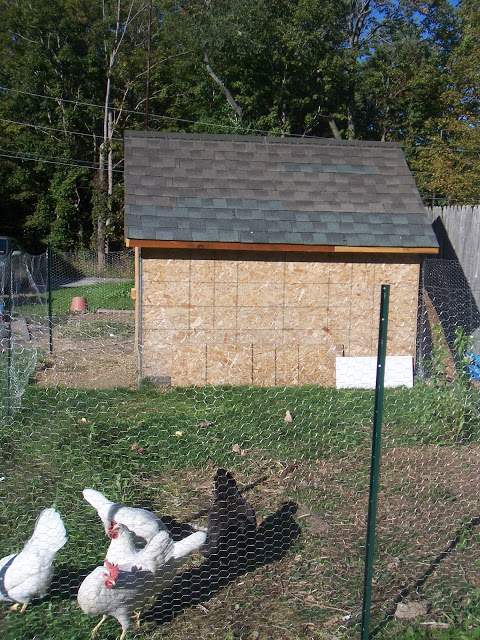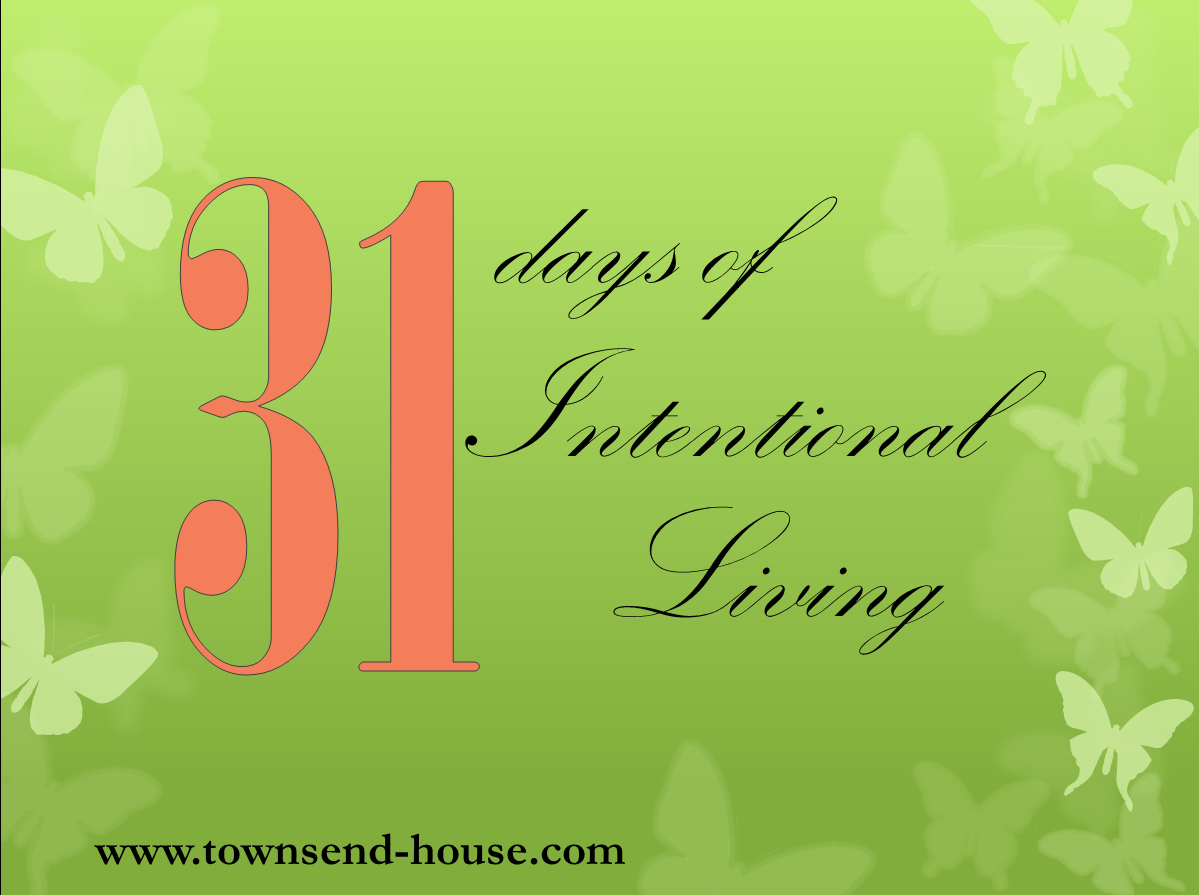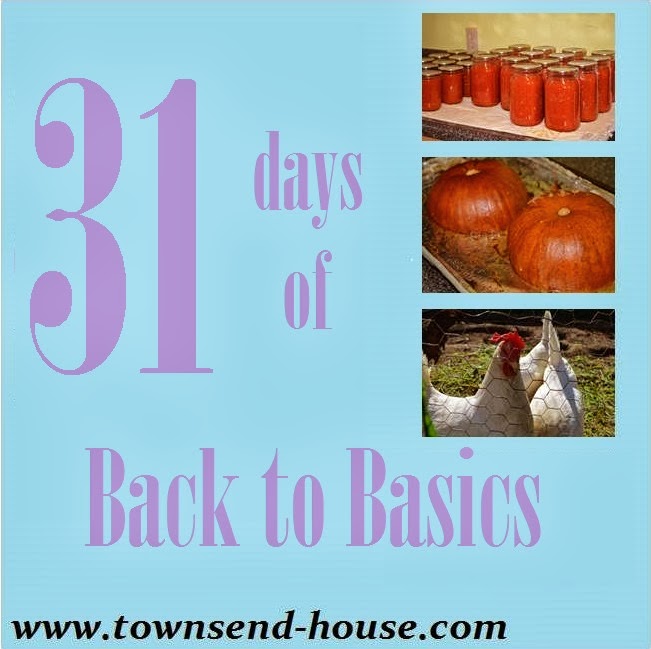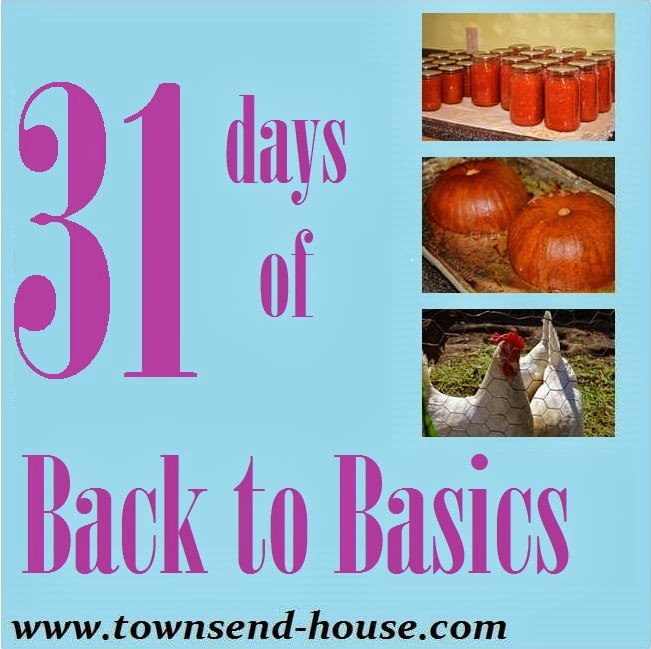teaching your kids to love learning
This is something I have been thinking a lot about lately. It seems like such an important aspect to any child’s development, whether they are homeschooled or not. But, since I am planning on homeschooling, I have become totally preoccupied with it. I don’t want to screw up my kids! I’m sure that is what every parent is concerned about though, I can’t be alone 🙂
I recently listened to a great podcast between Tsh from Simple Mom, and Jamie from Simple Homeschool. One of the parts that resonated with me the most was when Jamie said that she didn’t think it was necessary to make kids do math everyday. I hadn’t really thought about it before. I grew up loving math, and ended up in advanced math classes. I worked with math drills a lot. That is how my mom learned, and that is what I knew. It was all very enjoyable until calculus…and then I kind of lost interest!
She went on to say that she thinks that you need to demonstrate how you use different subjects to your children. If your kids see you using math in everyday life, then they will realize the need for it, and they will want to learn it. The same with reading. If you are showing your children that you read (not just to them), it will demonstrate your desire for self-education, and a love for reading.
I have had a couple of conversations with my mother since I listened to this podcast. We were talking about my choice in math curriculum for Emma, and how it wasn’t so much about drills as it was about learning critical thinking. Eventually I came to the understanding that my mom loved math growing up, just like I did. She wanted to be a math teacher when she was younger. This made me wonder how much her love of math was passed on to me, and also my brother who excelled at math.
It made me re-evaluate what I do in my day, and what I should be showing my children. I think that a child’s natural curiosity is extremely helpful. And I hope that I don’t cause my kids to dislike a certain subject because I am not interested in it.
Do you find that your kids mimic your own interests? Is their a subject that you don’t enjoy that you notice your child doesn’t like either? Or is the opposite the case, where you don’t like a subject and your child loves it?
This week I am linking up at the Hip Homeschool Hop!





I listened to that podcast too. They mentioned a study which some kids aren't taught math until they are 5th or 6th grade. Although the results were amazing, I could not help but wonder how the subject not be touched for so long.
As kids, we were often asked to calculate the restaurant bill before the waiter brought us the total. As college students, I used to calculate my grocery bill before reaching the cashier. The other day, we were shopping for chairs for my boys to use at their new (to them) desk. I told my son that I did not want to spend more than $15 each and he was there checking prices. And then, the question of "how many more minutes before we can…?" always needs an answer that deals with subtraction.
I guess, for a nerd like me, it is easier to relate math with life. By the same token, if a parent is good in, say, history, his/her kid would probably be listening to a lot of stories in history way before the school/curriculum teaches them.
Having that said, one of my kids is very interested in nature which my husband and I knew very little about. Perhaps, it is just how he is, or, perhaps, it is from the nature walk that his preschool had. We probably could not do much in helping him grow in that area. But one thing I am sure though, as long as he can read, there is always the library and internet 🙂
I think what you are saying is actually pretty spot on. I took the study to mean that they weren't talking formal math concepts before that age, but you are right, I don't see a child never touching math before they are 10. Even now with my kids, we always count our fingers, I tell them they can have two toys or books for rest time, I ask my oldest to find out how many days until the weekend. Little things for sure, but that is what I meant when you show them how to use certain subjects in daily life. I think what you are doing is exactly what Jamie was talking about. You are showing your children their need to know addition and subtraction, recognizing greater than and less than, so when they start to formally learn those things, they will be able to relate it to something. Instead of what Mom-Mom Pope said above about sitting down to do a sheet of multiplication problems to see how many items they can buy for $x.
As for nature…well…I think all kids start out loving it and wanting to know more about it! I think it is our job as parents to nurture that love, even if we don't know a lot about it. And I totally agree about reading, as long as you can read, you can learn anything you set your mind to! Thanks for your thoughts!
I love this topic! 🙂 As a public school teacher, I actually think this [the way and frequency in which subjects are taught] is the number one reason to homeschool. In a class of 35 kids, your children will be subject to the drills and procedures used to solve problems in the way in which the textbook/curriculum/school board deem "best" but not really in a way that is relevant to their lives. (Though, I promise, we do make an honest effort to make the problems and situations relevant to the children in their lives.)
I can't count how many times I thought to myself, "Why are we having them repeat the same process over and over again on this worksheet?" I know "the answer" is because practice makes perfect and drills are an easy way to practice. I also know that not one adult has ever been in a store where they ask you to complete a page of multiplication problems in order to decide how many ____ they could buy with $____.
Anyway, I wish you luck in your homeschool endeavor and applaud your efforts to make learning something your kids do for enjoyment and personal benefit rather than appease a teacher or pass a test. 🙂
I had a great experience growing up in a public school, and the way that they taught me seemed to work. I guess my biggest concern now is that things are different. We live in the same district I attended, and I talk to my former teachers who are now friends of mine, and they seem so frustrated with what they can and can't do.
Who knows if what I start doing is what I end up finishing with. I think that is also a big part of what appeals to me about homeschooling, the ability to change something when it isn't working anymore. Thanks for your insight!
Ooohhhh, I have to check out that Podcast! Sounds like a great one and I'm all for doing whatever I can to encourage them!
thanks for this, something that i need to consider here. going to listen to that podcast this morning 🙂 cheers!
Milo is just like me. He is very verbal and loves reading. He is not a fan of numbers.. I really hoped he would be more like his dad in that respect.